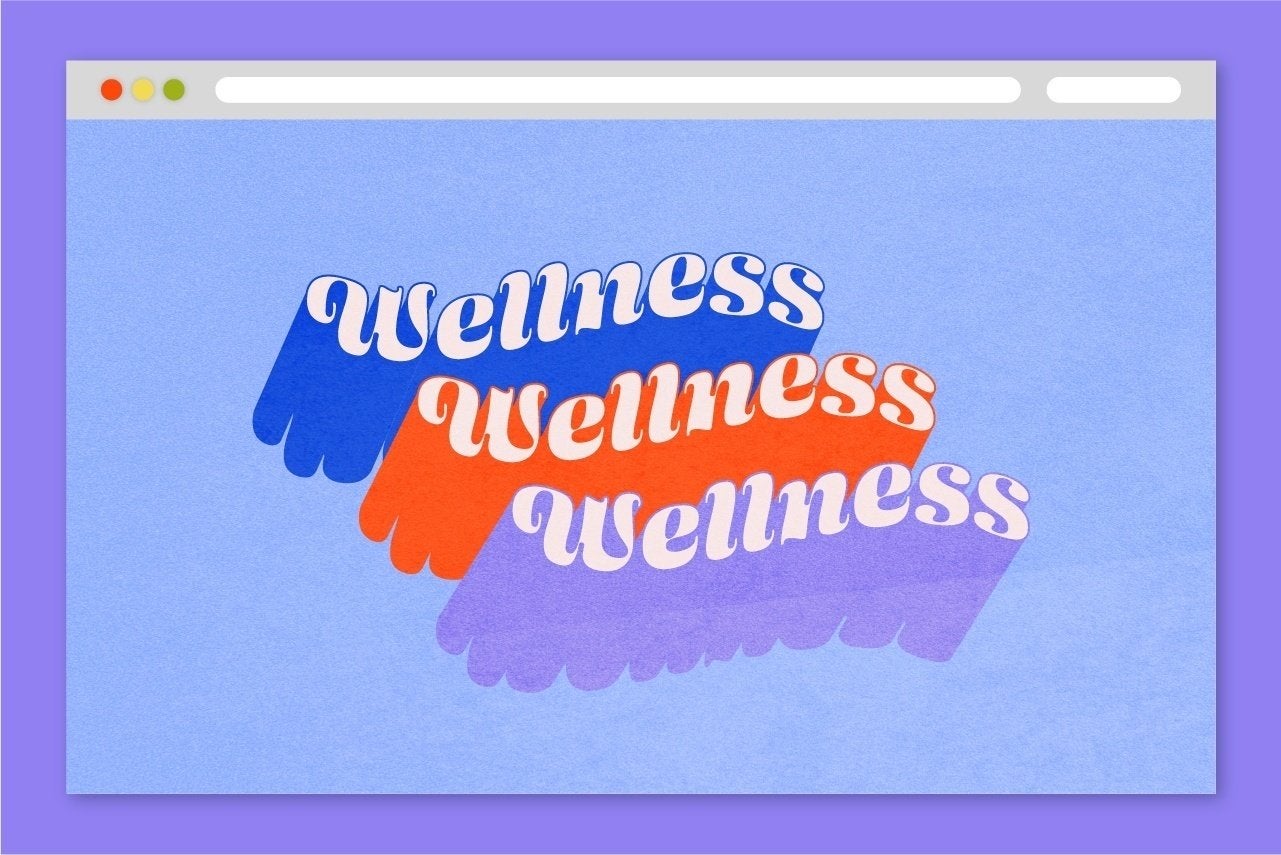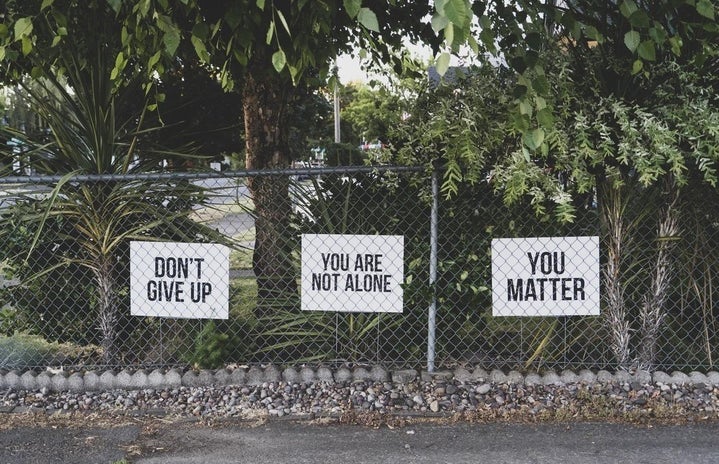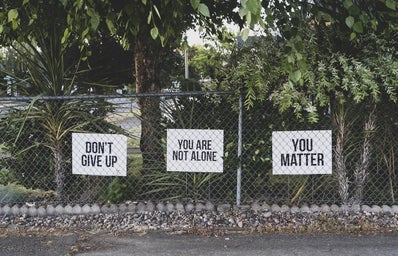Trigger warning: mentions of body checking and pro-anorexia language
I have been in eating disorder recovery for a little over two-and-a-half years now. Still, when late February rolls around, I consider taking a week-long break from social media. National Eating Disorder Awareness Week takes place annually from February 26 to March 3. This week serves as a period of recognition, education, and awareness, highlighting the significance and dangers of eating disorders and patterns of disordered eating particularly in young women.
Eating disorders are inherently competitive. Despite the fact that those with eating disorders are sick, sufferers see someone skinnier–or sicker–than them, and want to emulate that. Peers turn into competitors in an effort to see who can eat the least, be the skinniest, and look the sickest. That being said, NEDA Week serves as a prime opportunity for people everywhere to share their stories. Having the courage to talk about a mental health issue, particularly one as stigmatized as an eating disorder, takes a lot of strength. However, it is pertinent to the recovery of eating disorder-sufferers everywhere that these posts are mindful and tasteful.

During NEDA Week, it’s not uncommon to see someone post a picture of themselves at their lowest point of an eating disorder, looking emaciated and sickly. Or, they share how little they ate and how much they worked out in order to achieve this level of sickness. Some people even accidentally give an instruction manual to those struggling with an eating disorder when they explicitly share the harmful activities they took place in during the low-points of their eating disorder. While this is often done in an effort to emphasize the severity of their eating disorder at a point in time, it is actually incredibly reductive to the recovery cause. The truth of the matter is posting triggering images like body checks at low weights, small amounts of food eaten, and high exercise counts causes a snowball effect, eliciting a reaction in anyone who is in recovery with an eating disorder, or struggling with an eating disorder.
Through posting triggering content, a space is created for people to express their disordered desires. Oftentimes, in posts about eating disorders featuring people at their lowest weight or sickest appearance, there are people in the comment section saying things like “dream body,” or “I wish.” By posting triggering content like yourself at an unhealthy weight, it enables people to comment and spread their pro-eating disorder content.
So, how can we celebrate our recovery process during NEDA Week properly? Well I’ve gathered a few ways in the past years of my recovery. First off, cut the triggering images from your post. It does far more harm than good in the recovery of both your eating disorder, and others’ eating disorders. Secondly, try to stay away from numbers. Whether it be how few calories you were eating at your sickest, or the most you were burning while exercising, numbers can be triggering for people in recovery–or not in recovery–no matter the intention.
That being said, when a post’s intent is to inform, numbers relating to eating disorder statistics are appropriate, but the best examples of these posts include a forewarning of what will be discussed to avoid triggering people. Finally, avoid posts that give explicit instruction to someone in the early stages of an eating disorder, even if you’re just trying to share your personal story. Focus on highlighting the positives of recovery, rather than the low-points of a competitive illness.
While often well intentioned, many posts seen during NEDA Week include triggering words, images, or numbers to someone with an eating disorder. Eating disorders lead to competition, so it’s important to be mindful about what we choose to share during NEDA Week. If you or someone you know is struggling with an eating disorder, help is available, and recovery is possible.
National Association of Anorexia Nervosa & Associated Disorders helpline: 888-375-7767


